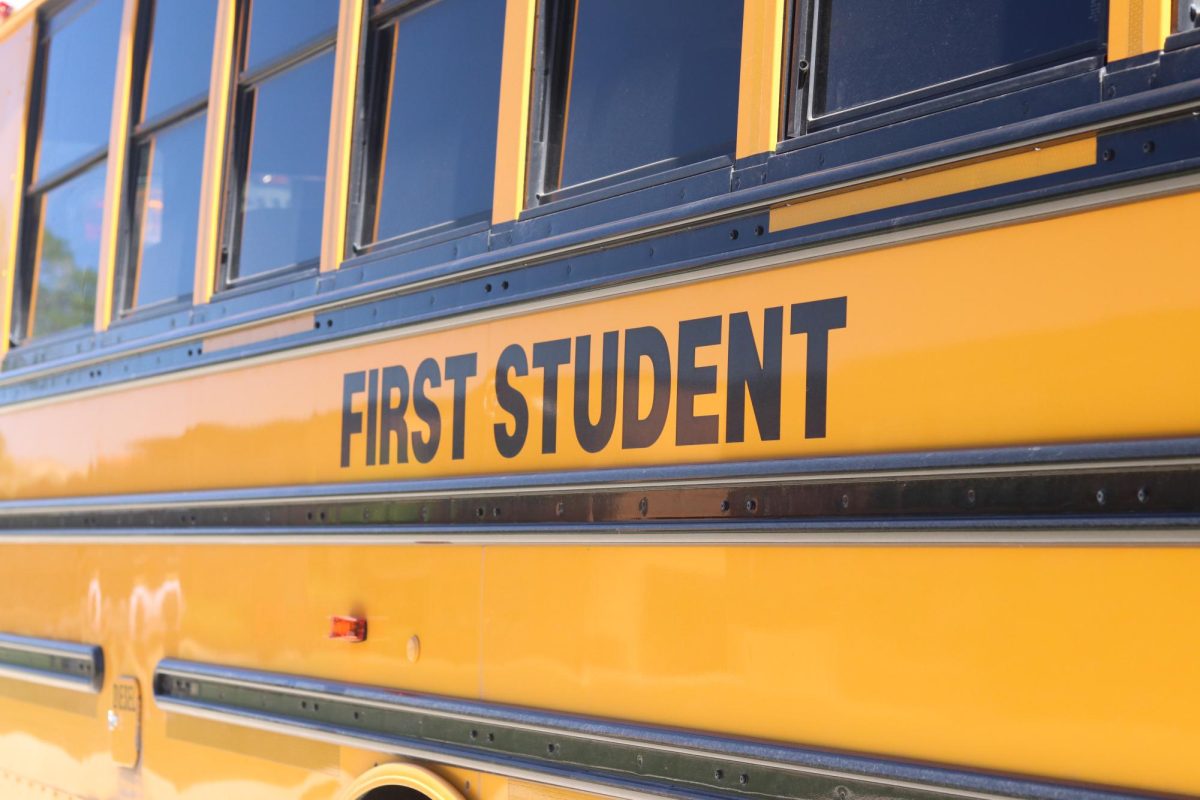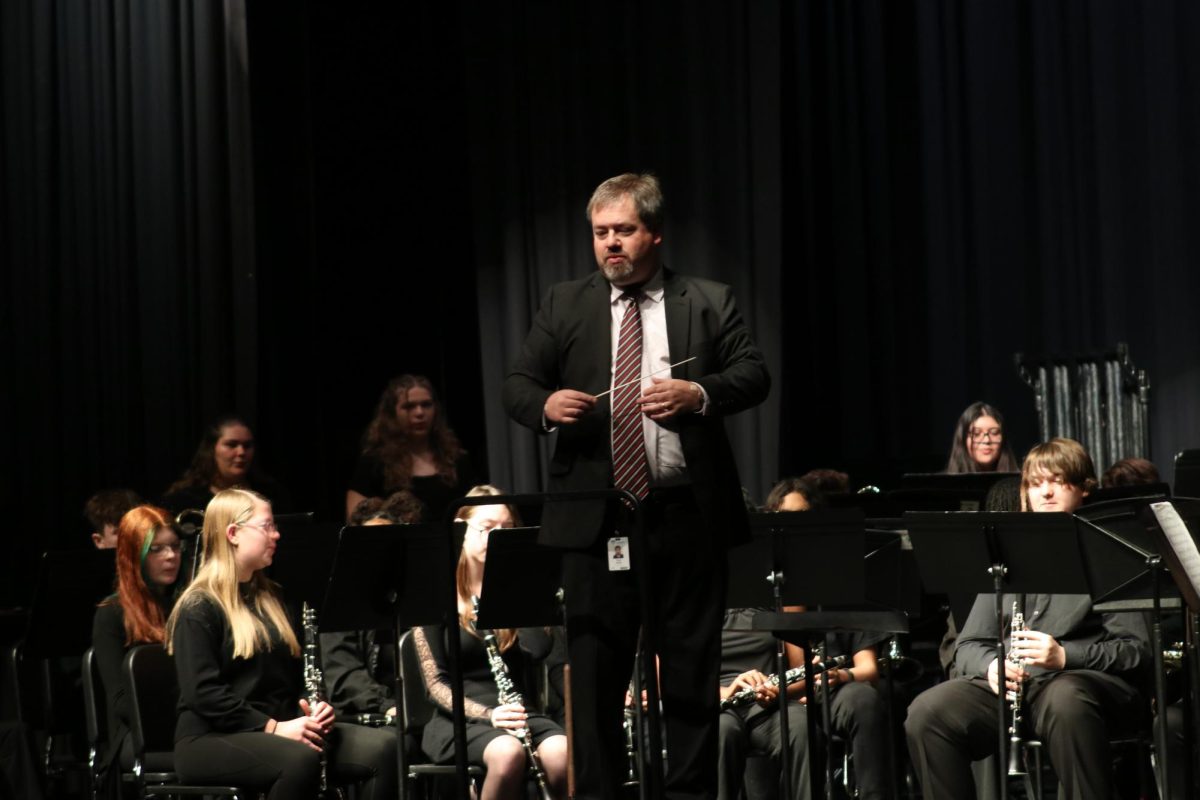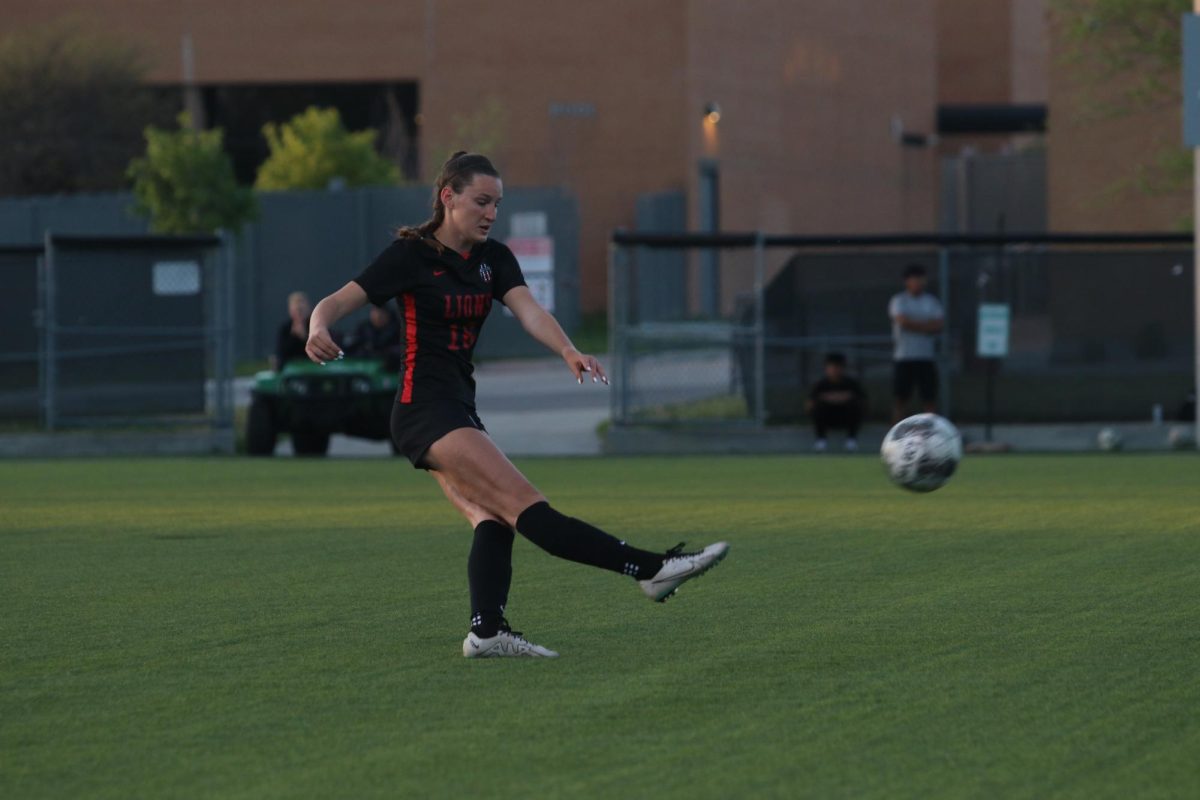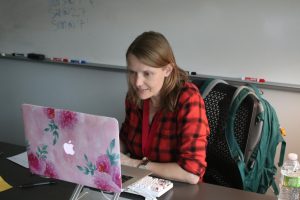March 11 — A massive magnitude 9.0 earthquake hit the Japanese coast outside of Sendai. The earthquake and its magnitude 6.9 aftershock as well as the tsunami caused by the original quake devastated the country.
Thoughts in Lawrence turned to Hiratsuka, a city south of the quake’s epicenter. Lawrence’s unusually close relationship with Hiratsuka, its Japanese sister city, stems from the exchange program, creating lasting relationships between the cities’ residents.
“I was pretty concerned for the people and wondering if the radiation would leak,” said sophomore Emily Ortiz, who plans to travel to Japan this summer.
For many years, Lawrence students have travelled to Japan and hosted Hiratsuka students in Lawrence. Karin Ando, of Hiratsuka, was part of this exchange and came to Lawrence in 2007. The experience has stayed with her, and she said she would like to come back to Lawrence in the future.
Although Hiratsuka wasn’t hit hard by the quake, she said her city has been affected.
“People try to stock up on food, so after the shop opens, goods are immediately sold out,” she said. “In front of the gas station there are always about 10 cars waiting. The electricity stops in some areas, including Hiratsuka, to save electricity and provide it to areas that have gotten a huge amount of damage. Blackouts suddenly happen. They will probably continue one month… maybe.”
Though Hiratsuka itself did not sustain massive damage, a July trip planned for Ortiz and other Lawrence High School students may be cancelled. The entire country has dealt with food, gas and water shortages as well as blackouts used to reroute energy where it is needed most. The power is being rerouted to help reinstate the cold water pumps that keep the nuclear reactors at the Fukushima Nuclear Power plant cool. Concerns about radiation escaping the damaged plant are ongoing.
With all of the radiation and damage, what will become of the sister city exchange program in the summer is unknown. A decision will be made on May 19. For the five Lawrence High students who plan to travel to Japan, the next several weeks will be a long wait.
“I’ve always wanted to go to Japan since I was little because I’m really interested in Japanese culture,“ sophomore Lydia Longabach said.
March 11 — A massive magnitude 9.0 earthquake hit the Japanese coast outside of Sendai. The earthquake and its magnitude 6.9 aftershock as well as the tsunami caused by the original quake devastated the country.
Thoughts in Lawrence turned to Hiratsuka, a city south of the quake’s epicenter. Lawrence’s unusually close relationship with Hiratsuka, its Japanese sister city, stems from the exchange program, creating lasting relationships between the cities’ residents.
“I was pretty concerned for the people and wondering if the radiation would leak,” said sophomore Emily Ortiz, who plans to travel to Japan this summer.
For many years, Lawrence students have travelled to Japan and hosted Hiratsuka students in Lawrence. Karin Ando, of Hiratsuka, was part of this exchange and came to Lawrence in 2007. The experience has stayed with her, and she said she would like to come back to Lawrence in the future.
Although Hiratsuka wasn’t hit hard by the quake, she said her city has been affected.
“People try to stock up on food, so after the shop opens, goods are immediately sold out,” she said. “In front of the gas station there are always about 10 cars waiting. The electricity stops in some areas, including Hiratsuka, to save electricity and provide it to areas that have gotten a huge amount of damage. Blackouts suddenly happen. They will probably continue one month… maybe.”
Though Hiratsuka itself did not sustain massive damage, a July trip planned for Ortiz and other Lawrence High School students may be cancelled. The entire country has dealt with food, gas and water shortages as well as blackouts used to reroute energy where it is needed most. The power is being rerouted to help reinstate the cold water pumps that keep the nuclear reactors at the Fukushima Nuclear Power plant cool. Concerns about radiation escaping the damaged plant are ongoing.
With all of the radiation and damage, what will become of the sister city exchange program in the summer is unknown. A decision will be made on May 19. For the five Lawrence High students who plan to travel to Japan, the next several weeks will be a long wait.
“I’ve always wanted to go to Japan since I was little because I’m really interested in Japanese culture,“ sophomore Lydia Longabach said.














